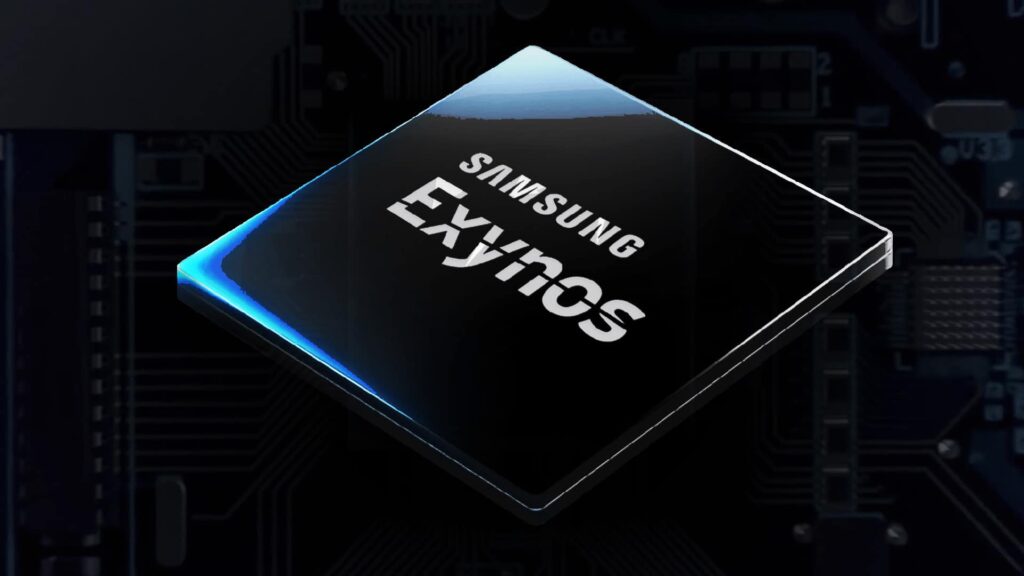
Samsung Begins Production of 2nm Exynos 2600 Prototypes for Galaxy S26 Series
Samsung is charting an ambitious path into the future of mobile processing with the reported start of prototype production for its next-generation Exynos 2600 chipset. This groundbreaking chip is being manufactured using Samsung’s advanced 2nm process node, marking a significant technological leap and a potential comeback for Exynos in flagship Galaxy S smartphones.
Following the delay and eventual exclusion of the Exynos 2500 from the Galaxy S25, all eyes are now on the Exynos 2600, which is expected to power at least some variants of the Galaxy S26 series, scheduled to launch in early 2026. The initial 2nm prototypes have entered the mass prototype production phase, according to reports from South Korean media, and signal a return of Samsung’s in-house silicon in the premium segment.
The 2nm Leap: A Game-Changer for Samsung
Samsung Foundry, the company’s semiconductor manufacturing division, is collaborating closely with System LSI, its chip design arm, to ensure the Exynos 2600 not only meets performance expectations but also surpasses crucial yield targets.
The Exynos 2500 had previously secured a 30% yield during its trial phase, but internal improvements have pushed that number higher. With the 2600, Samsung aims to exceed a 50% yield threshold without compromising on efficiency or thermal stability. The current production stage is crucial—known as risk production—wherein chips are rigorously tested for performance and reliability before greenlighting full-scale mass production.
Galaxy S26 to Lead with Cutting-Edge Chip
Should everything proceed according to plan, full-scale production of the Exynos 2600 could commence by late 2025. This would align perfectly with the expected Galaxy S26 series launch window in February 2026, followed by retail availability in March.
The success of the Exynos 2600 will be pivotal for Samsung Foundry as it tries to reclaim ground from TSMC, which currently dominates the 3nm chip landscape. A stable, efficient, and powerful 2nm chip would not only solidify Samsung’s position in the competitive semiconductor market but also strengthen its mobile division’s independence from third-party chipmakers like Qualcomm.
A Crucial Moment for Samsung’s Chip Future
This development holds strategic importance. A successful Exynos 2600 will be a win-win for Samsung’s Foundry, System LSI, and Mobile Experience divisions, aligning its chip manufacturing and design units with its flagship product roadmap.
The semiconductor industry will be watching closely, as this is Samsung’s first practical demonstration of its 2nm capabilities. Any performance hiccups, heating issues, or inefficiencies could set back its ambitions of challenging TSMC’s stronghold.
However, if the Exynos 2600 delivers on its promise, it could mark a historic turning point—not just for Samsung, but for the broader mobile chip ecosystem.